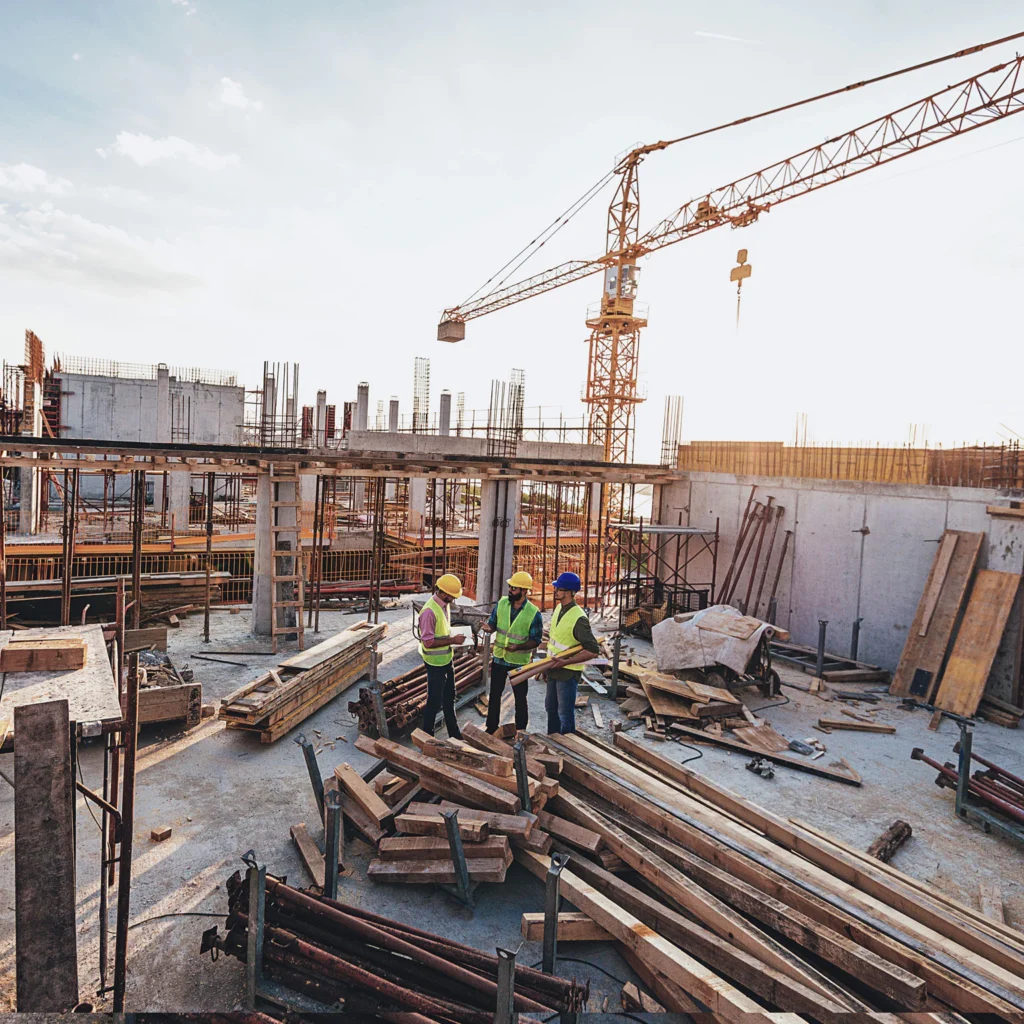The construction industry in the United States is entering a new era of opportunity, thanks to historic investments from the federal and state governments. In recent years, major policy initiatives such as the Bipartisan Infrastructure Law (BIL) of 2021 and the Inflation Reduction Act (IRA) have been approved, unlocking billions of dollars for roads, bridges, broadband networks, clean energy projects, and climate-resilient infrastructure.
For contractors, subcontractors, and material suppliers, these policies are more than just political headlines—they represent real contracts, steady workloads, and long-term business growth. However, capitalizing on these opportunities requires smart planning, competitive pricing, and accurate bidding. This is where construction estimating services California providers are playing a crucial role in helping businesses stay ahead of the competition.
The Bipartisan Infrastructure Law – Building Roads, Bridges, and Connectivity
The Bipartisan Infrastructure Law, signed in 2021, is the largest federal investment in infrastructure in decades. It allocates $1.2 trillion over several years, with a strong focus on:
- Repairing and upgrading roads and highways
- Replacing aging bridges
- Expanding access to high-speed broadband in rural and underserved areas
- Improving public transportation systems
For contractors, this means an increase in public projects that require precise cost planning and resource management. State agencies and municipalities are already awarding contracts, and the competition to win these bids is intense. Using professional construction estimating services ensures that bids are both competitive and profitable, reducing the risk of costly errors during project execution.
Inflation Reduction Act – Boosting Clean Energy Construction
The Inflation Reduction Act (IRA), passed in 2022, is another game-changer for the industry. While the BIL focuses on traditional infrastructure, the IRA focuses heavily on clean energy and sustainability. The Act provides funding, tax incentives, and grants for:
- Solar and wind energy projects
- Electric vehicle charging networks
- Energy-efficient building upgrades
- Manufacturing clean energy components
These projects are opening doors for general contractors, specialty contractors, and suppliers of eco-friendly materials. Whether it’s installing solar panels or upgrading HVAC systems for better energy performance, companies that position themselves in the clean energy sector will see strong demand. Accurate project cost forecasting, made possible through reliable estimating services, will be critical for winning bids in this rapidly growing sector.
State-Level Investments – Climate-Proofing Infrastructure
In addition to federal funding, many states are investing in resilient infrastructure to prepare for climate change. These projects focus on:
- Strengthening flood defences and stormwater systems
- Upgrading electrical grids to withstand extreme weather
- Using sustainable building materials
- Protecting coastal areas from erosion
For material suppliers, this means a shift toward products that meet stricter climate and safety standards. Contractors must be prepared to adapt to new specifications and compliance requirements. Partnering with skilled estimators can help ensure that bids accurately reflect the cost of specialized materials and techniques.
How Contractors and Suppliers Can Prepare
While these government investments present incredible opportunities, they also bring challenges—tight deadlines, strict compliance requirements, and intense competition. Contractors and suppliers can take the following steps to succeed:
- Stay Informed – Track federal and state funding announcements to spot new opportunities early.
- Invest in Estimating Expertise – Use professional services to create accurate, detailed bids that meet funding requirements.
- Build Partnerships – Collaborate with suppliers who can deliver quality materials on time.
- Adapt to Sustainability Standards – Learn about green building codes and climate-resilient construction techniques.
In California, where demand for infrastructure and clean energy projects is particularly high, companies using construction estimating services California are gaining an edge by submitting accurate, timely bids that win more contracts.
The Road Ahead
The combination of the Bipartisan Infrastructure Law, the Inflation Reduction Act, and state-led climate resilience programs is transforming the U.S. construction industry. The next decade will see thousands of new projects, from bridges and broadband to solar farms and storm-resistant housing.
For contractors and material suppliers, this is a moment to grow, expand service offerings, and strengthen market position. By embracing accurate estimating, sustainable practices, and strategic partnerships, businesses can take full advantage of this unprecedented wave of investment.
The future of construction is here—and those who prepare today will be building tomorrow’s America.

